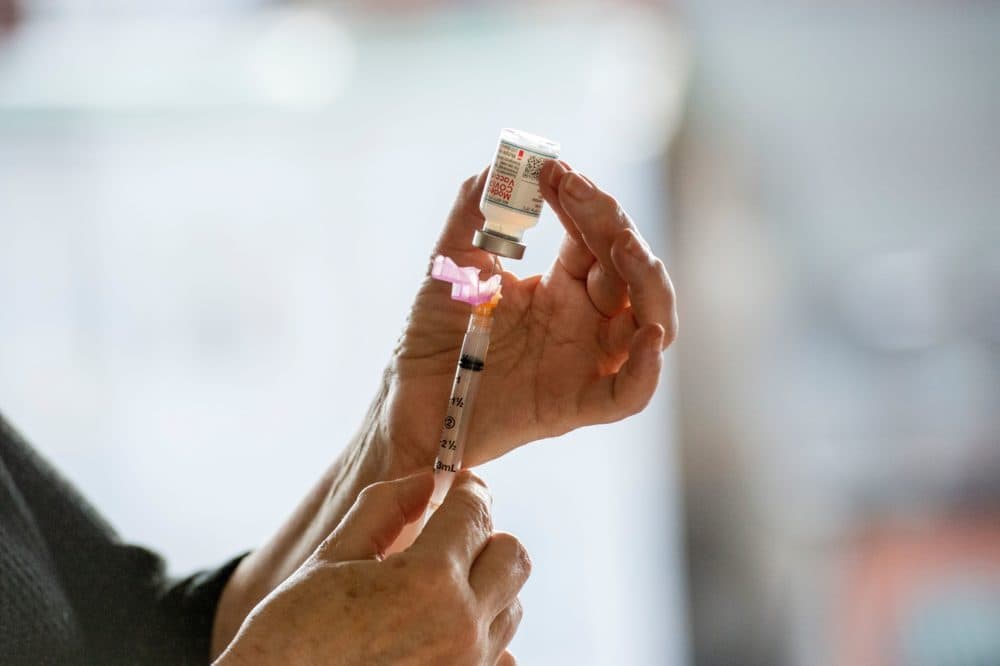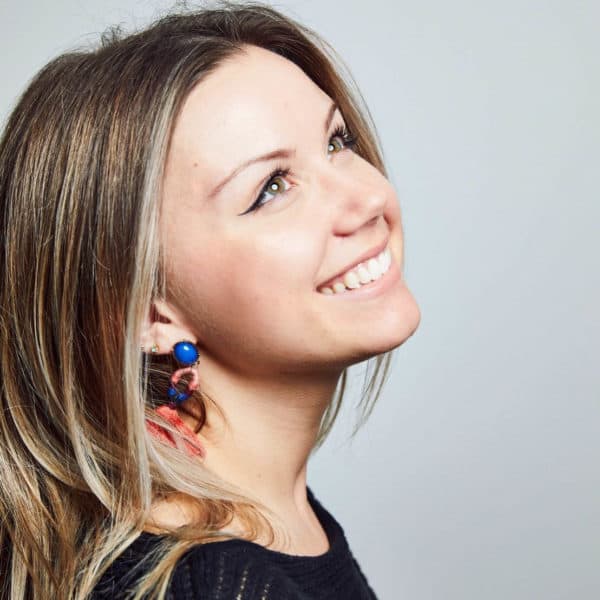Advertisement
Medical Myths Are Spreading Faster And Becoming More Dangerous, Doctor Says
Resume
New claims about the coronavirus are popping up every day. And heaps of it, especially on social media, are false, from COVID-19 origin myths to vaccine misinformation.
Medical conspiracy theories have been surfacing well before the pandemic upended our lives. Dr. Seema Yasmin, author of "Viral BS: Medical Myths and Why We Fall for Them,” says the internet has propelled these rumors to spread even faster — making them more dangerous.
People’s tendency to gravitate toward the fantastical often fuels the spread and acceptance of misinformation. Often, these stories can be compelling and believable, she says.
Yasmin has seen this first hand as a doctor. Patients confront her with disinformation they’ve read online that directly goes against the scientific evidence she and other medical professionals are trying to communicate, she says.
The problem is twofold: Doctors need to bust myths while gaining trust, she says. Doctors and nurses don’t always have the answers to everything, she says, which is why transparency about what is and isn’t known is crucial to building credence with patients.
“That means that if patients have 10 questions about the vaccine, you may honestly, hand over heart, only be able to answer five of them just because the other data is not there,” she says.
This will come in handy especially now as the world learns about the coronavirus and vaccines in real time. Yasmin says she’s heard plenty of theories about the virus, but one that sticks with her is the argument that mRNA in COVID-19 vaccines changes human DNA.
“These mRNA vaccines have no way of getting inside your nucleus, which is where your DNA lives in your cells,” she confirms.
The conspiracy theory making the rounds online worries her because it sounds believable. “You're talking about injecting people with a small gene sequence from the virus,” she says.
She suggests health care professionals think carefully about how they are communicating information about the vaccine to each individual patient instead of attempting a “one-size-fits-all message.”
Her book “Viral BS” also debunks more than 40 widely spread tales — from whether autism can be cured to whether genetically modified foods are safe.
News outlets have reported a correlation between drinking diet soda and Alzheimer's, but there’s “no proof” in that claim, she says. Studies on the topic haven’t been able to show evidence of causation, she says.
Another common question is whether playing American football causes brain damage. In 2016, the NFL confirmed a link between playing pro-football and developing chronic traumatic encephalopathy [CTE], a brain disorder caused from repetitive head injuries.
“It is football, but also [there are] other sports, that do increase the risk of those kinds of trauma,” she says.
Theories about contaminated makeup have also made their way across the internet. So is there lead in your lipstick? “There might be,” Yasmin says.
“Some of the supplements and things that we buy straight off a shelf have not gone through the kind of rigorous testing that we assume they might have,” she says. “So there have been instances of lead poisoning linked to some cosmetics.”
To test if something is real or fake, Yasmin says to perform her “B.S. test,” which is simply asking yourself a couple of questions if you come across red flags.
If something seems too good to be true or too bizarre to be real, check to see if other news outlets have reported on the issue, she says. Also, if an image is being shared as proof of a claim, reverse image search it, she suggests.
“I think this is just a decent start for all of us to also make sure that we're not adding to the problem and not forwarding and retweeting false information,” she says.
Cristina Kim produced this story and edited it for broadcast with Todd Mundt. Serena McMahon adapted it for the web.
This segment aired on January 8, 2021.

